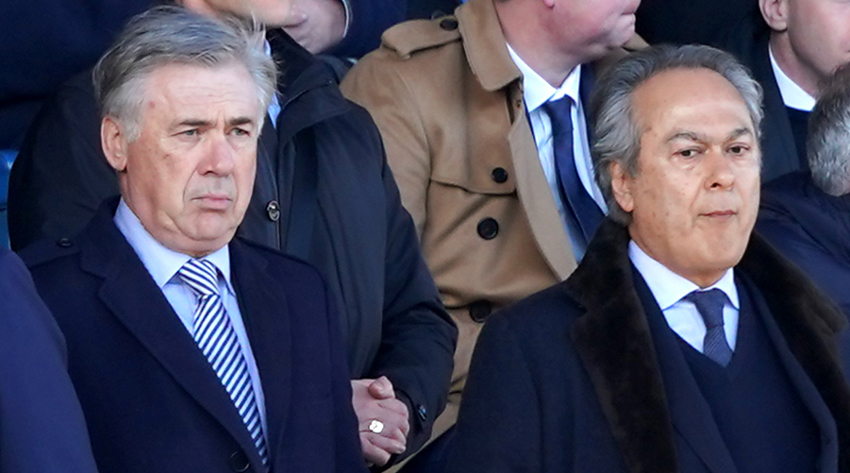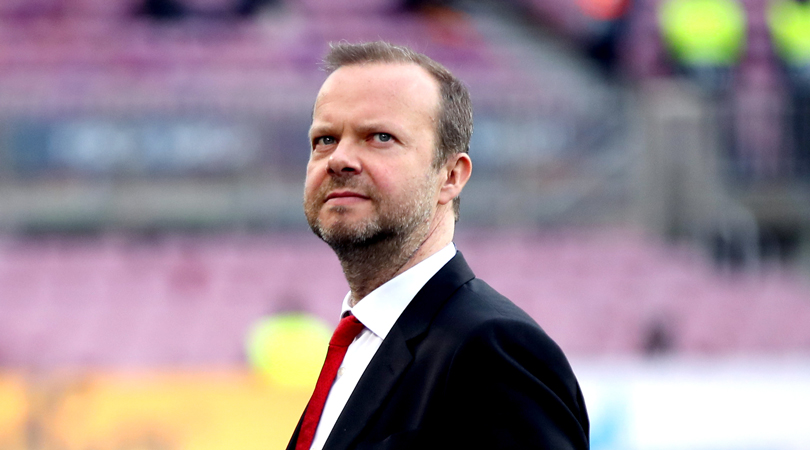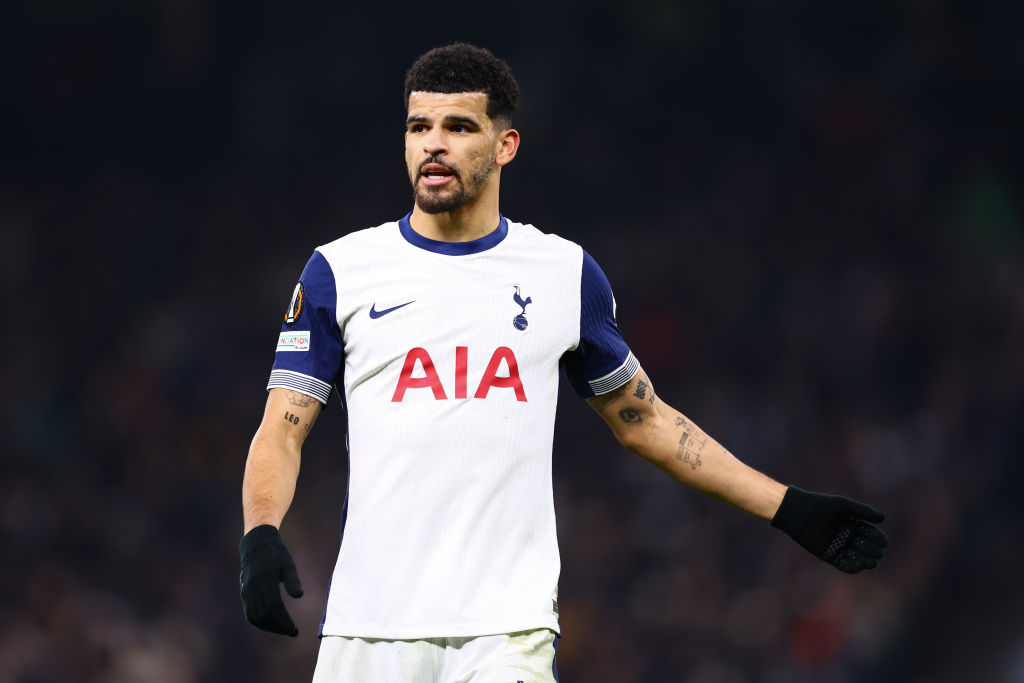When did club board members replace managers as the focus of fans' anger?
When Manchester United supporters attacked Ed Woodward's home this week, it was just the latest example of a cultural shift towards blaming the boardroom for failures on the pitch

The football manager was only ever hired so he could be sacked.
In late 19th-century England, the emerging sport of football was a scary business, with its unruly mass-gatherings of excitable, volatile, drunken young men. When they didn’t like what they saw from their team, football crowds would often invade the pitch, brawl with each other and set fire to local taverns, all in unnerving proximity to the upper-class club directors, who were meant to be the ones in charge here. Alarmed at what they had unleashed, the directors decided to step away from the public eye and present the public with an official representative: a proxy, a lightning rod. Not only would this person act as the focus of the supporters’ latent anger, keeping the boardroom a place of blazered anonymity, but he could also be presented as a public sacrifice when things reached breaking point. He could be sacked. He would be sacked.
In many ways, English football has stuck admirably to this tradition. Between 1899 and 1993 there were 1,900 managerial sackings in English football, and in the last few years, despite all the dizzying changes the sport has undergone, this habit has not just remained but intensified: the average lifespan of a top-flight manager today sits at just over two years, while in the Football League that figure is even lower.
Yet in another way, the entire conceit has been turned upside down. Because these days when a club’s fortunes take a turn for the worse, increasingly it is not the manager who finds himself the subject of the braying mob, but the very people for whom he is meant to be acting as a human shield: the owner, the directors, the executives.
When a gaggle of Manchester United supporters attacked the home of Ed Woodward on Tuesday night, it was the logical next step in a story of fan-to-boardroom rage that has been bubbling away across English football for some time. It’s fair to say West Ham supporters are not too keen on David Moyes, yet when they voiced their displeasure with the state of their football team last week they did so with a pre-game march against the owners, Davids Gold and Sullivan.
At the other end of the country, Newcastle supporters have spent the last decade in a state of on-off protest against the ownership of Mike Ashley, during which time even the most unpopular men in the dugout have drawn little more than apathy. Before the recent hiring of Carlo Ancelotti, Everton fans’ frustrations were aimed less at Ronald Koeman, Sam Allardyce or Marco Silva than at the man who employed them: Farhad Moshiri. And even Arsene Wenger, the last bastion of managerial omnipotence, eventually found the ire he had shouldered for so many years redirected to the people above him.
It all marks an interesting shift in football culture, perhaps prompted by the re-emergence of the chairman into the public eye. As fandom has become somewhat more sanitised, so the owner has ventured tentatively out of the boardroom, in recent years to be seen chugging lager on the terraces, cavorting on superyachts with Paul McCartney, or calling fans “massive retards” via text.
Get FourFourTwo Newsletter
The best features, fun and footballing quizzes, straight to your inbox every week.
Alongside this has been the budding phenomenon of the club-exec-as-business-guru, which has seen previously unremarked-on employees authoring rags-to-riches autobiographies and addressing cutting-edge tech conventions. Woodward himself has not been shy of feeding the press thrilling off-the-record snippets about his time as a hotshot banker for JP Morgan, information that has resulted in at least one fawning broadsheet profile.
Modern football is a glamorous, high-profile business, and the clearly lure of celebrity has been too much for the chairman and his cronies, who have in recent decades – and with a few exceptions – revised their early intentions to remain happily faceless. They’ve always had the fortunes; now they want to the fame, too.
Unfortunately they’ve discovered that it’s a two-way contract: you can’t have the profile, and soak up the plaudits when things are going well, without being targeting for criticism when it all goes wrong – taking the pressure off the manager in the process. As unpopular as Roy Hodgson may have been at Liverpool, for instance, he can’t claim to have been spat at in a local pub, as the son of his old boss Tom Hicks can.
At Old Trafford, meanwhile, the entire vision of the Victorian-era director seems to have been flipped completely on its head: the owners stand as public hate-figures, the executive vice-chairman is the subject of songs detailing his violent death, while the manager remains apparently unsackable despite his own woeful inadequacies. In this sense, at least, you certainly can’t accuse United of being stuck in the past.
While you’re here, why not take advantage of our brilliant subscribers’ offer? Get the game’s greatest stories and best journalism direct to your door for only £12.25 every three months – less than £3.80 per issue! Save money with a Direct Debit today
NOW READ...
QUIZ Can you name the players signed by Manchester United since Alex Ferguson retired in 2013?
COMMENT The internet has changed the way we respond to clubs' new signings – for the worse
GUIDE Premier League live stream best VPN: how to watch every game from anywhere in the world

